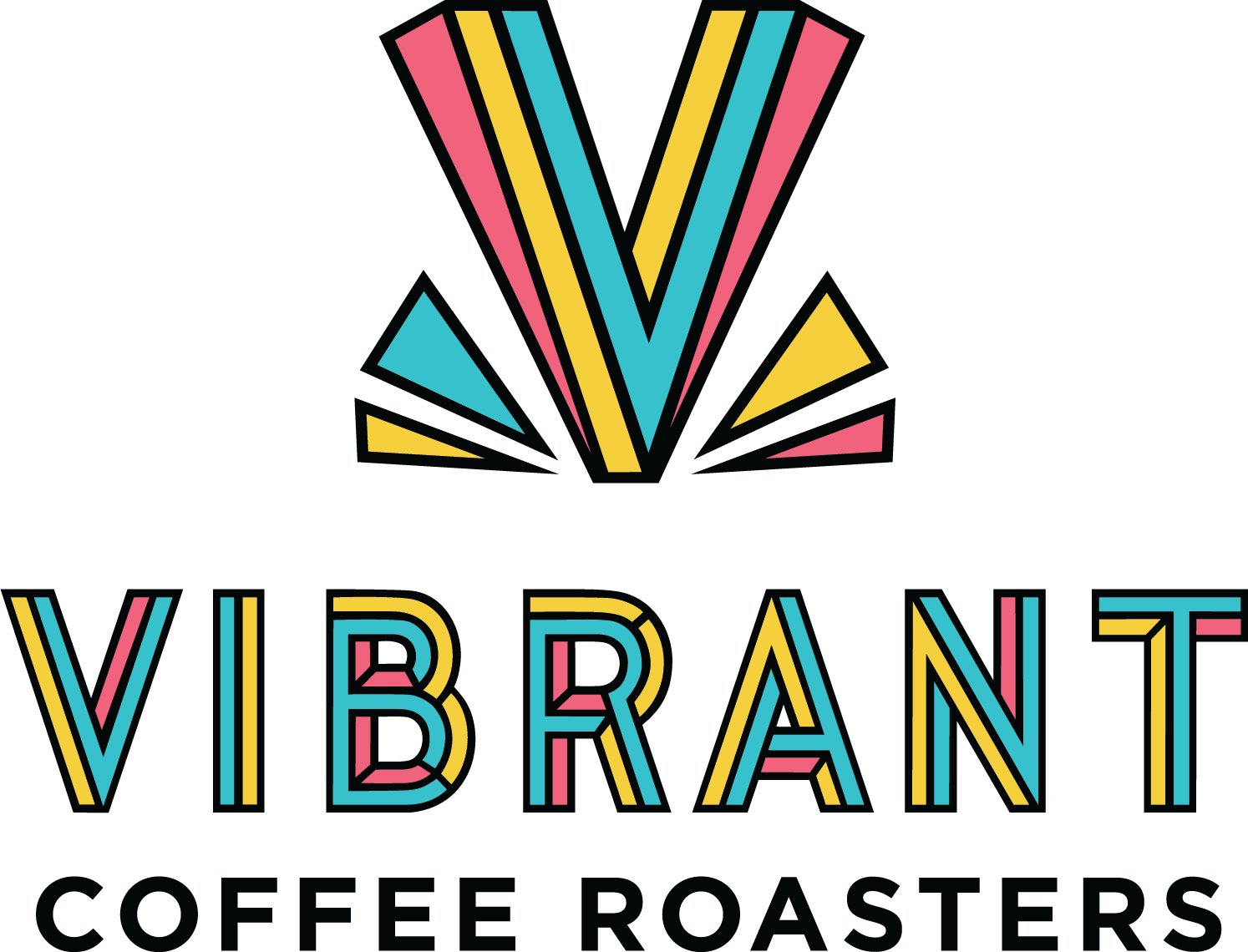Why We Love This Roast
Welcome to our new espresso blend, “Old School Espresso!” We’re calling this one “Old School” because it’s a classic specialty coffee espresso blend: 60% pulped natural Brazil, 40% washed Ethiopia, roasted medium. The Minas Gerais, Brazil component provides the body and silky, almost buttery, milk chocolate notes, while the Guji, Ethiopia component provides hints of vanilla and peach. The shots taste exactly like you’d hope for an espresso to taste, rich, smooth, plenty of nuance, with beautiful aromatics and a lingering, sweet finish.
Don’t be fooled by the name though - this is not “Old School” like a traditional, very dark, smokey, Italian-style espresso. If that’s what you’re looking for, our Dark Vibes dark roast blend would be a better choice. And if you’d rather have an espresso that is just pretty chocolatey without being too bitter, then our Good Vibes medium roast blend would be a better choice.
So why do Brazil and Ethiopia make such a beautiful pairing for an espresso blend? One reason is the strength of espresso. It’s like drip coffee with the volume turned way up. So if a coffee has some floral notes, you get tons of florals when making it as espresso. If it has some chocolatey notes, you get tons of chocolate when making it as espresso. And if it has some acidity, then you get tons of acidity when making it as espresso. It is this acidity that can be really overwhelming, so the pulp natural Brazil, with its very low acid profile, is an excellent component to keep the acidity in check. There are of course some floral, spice, and fruit notes thanks to the Ethiopian component, but, there is another factor that is perhaps even more important than the flavors that it provides: fines (the tiny coffee grounds, almost like dust, that you always end up with whenever you grind coffee, even if most of the grounds are quite coarse).
For filter coffee, the fewer fines you have, the better, at least up to a certain point. With espresso, some fines are actually desirable as they fill in the gaps between the larger grounds - this provides more resistance to the water flow. Without enough resistance, the high pressure water will gush through the puck and you will always have some undesirable astringency (mouth-drying sensation). You could try to grind finer to increase the resistance, but, if there aren’t enough fines, you go directly from too coarse (sour, thin, astringent shots) to too fine (good flavor, good body, but even more astringent as the grounds are all just so fine that the water can’t flow evenly through them - instead, it finds channels with less resistance to flow through, and then flows very quickly through these channels) without a sweet spot in between. And this is where the magic of Ethiopian coffee comes in. Ethiopians always produce more fines than any other type of coffee, so they are excellent for espresso as they widen that sweet spot in between grinding too coarse and too fine; they allow you to pull balanced, sweet shots.
For more information on espresso, check out our Espresso 101 blog, Espresso 201 blog, and our rough guide to pulling a shot.
And finally, remember that an “espresso blend” is just a coffee that we or any other roaster thinks tastes good as espresso. You can absolutely brew this coffee via any other method that you like. It would make an excellent medium roast French Press brew, or auto drip coffee.





